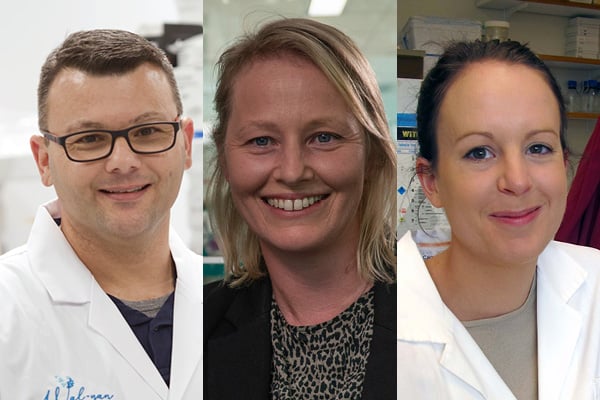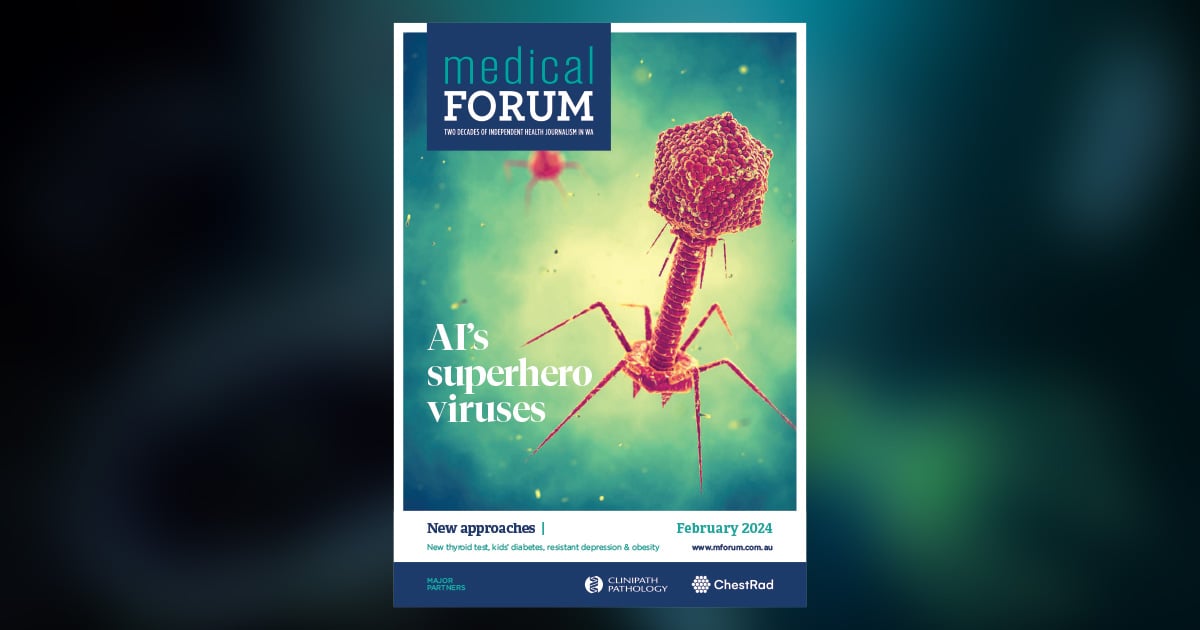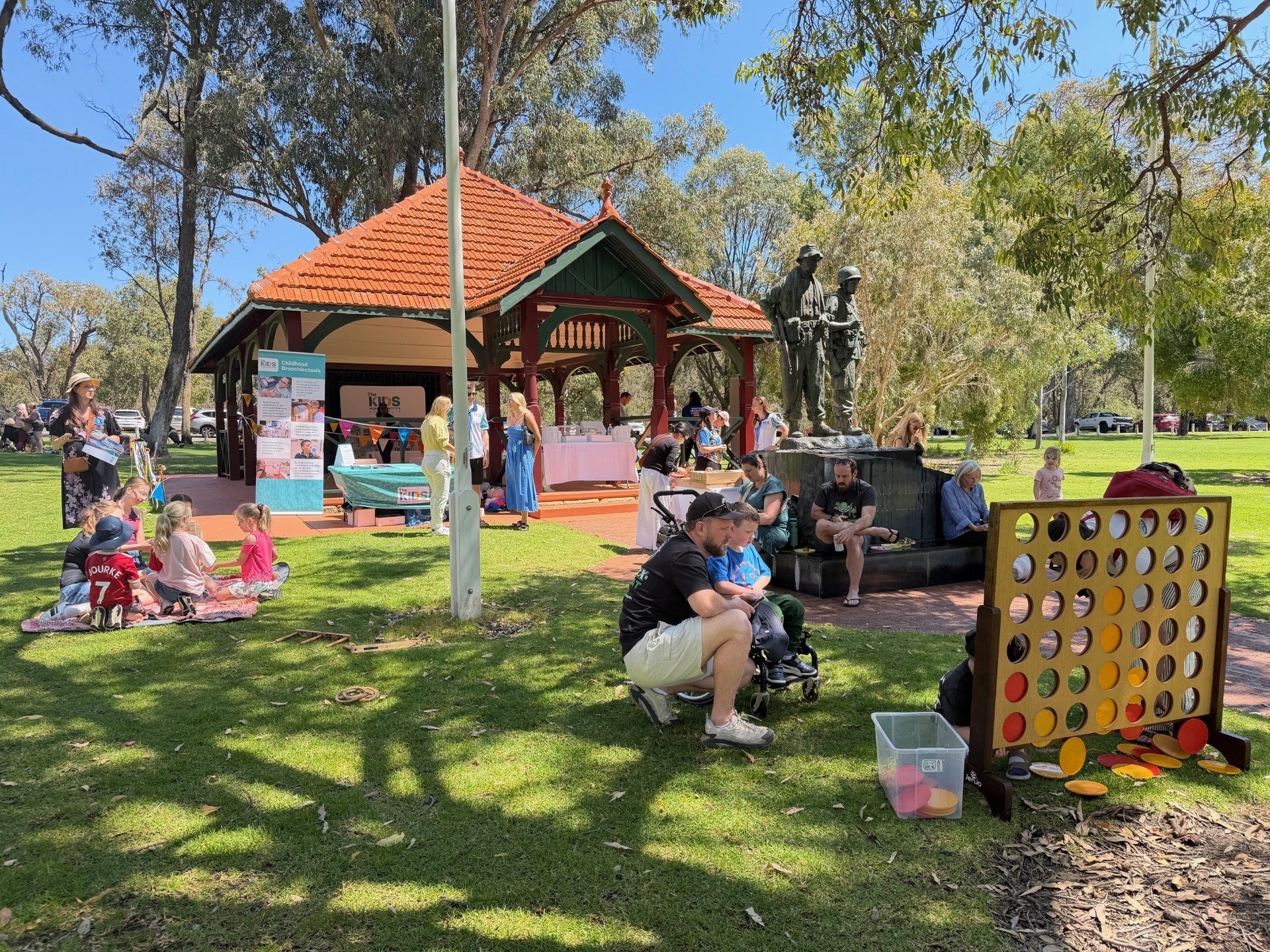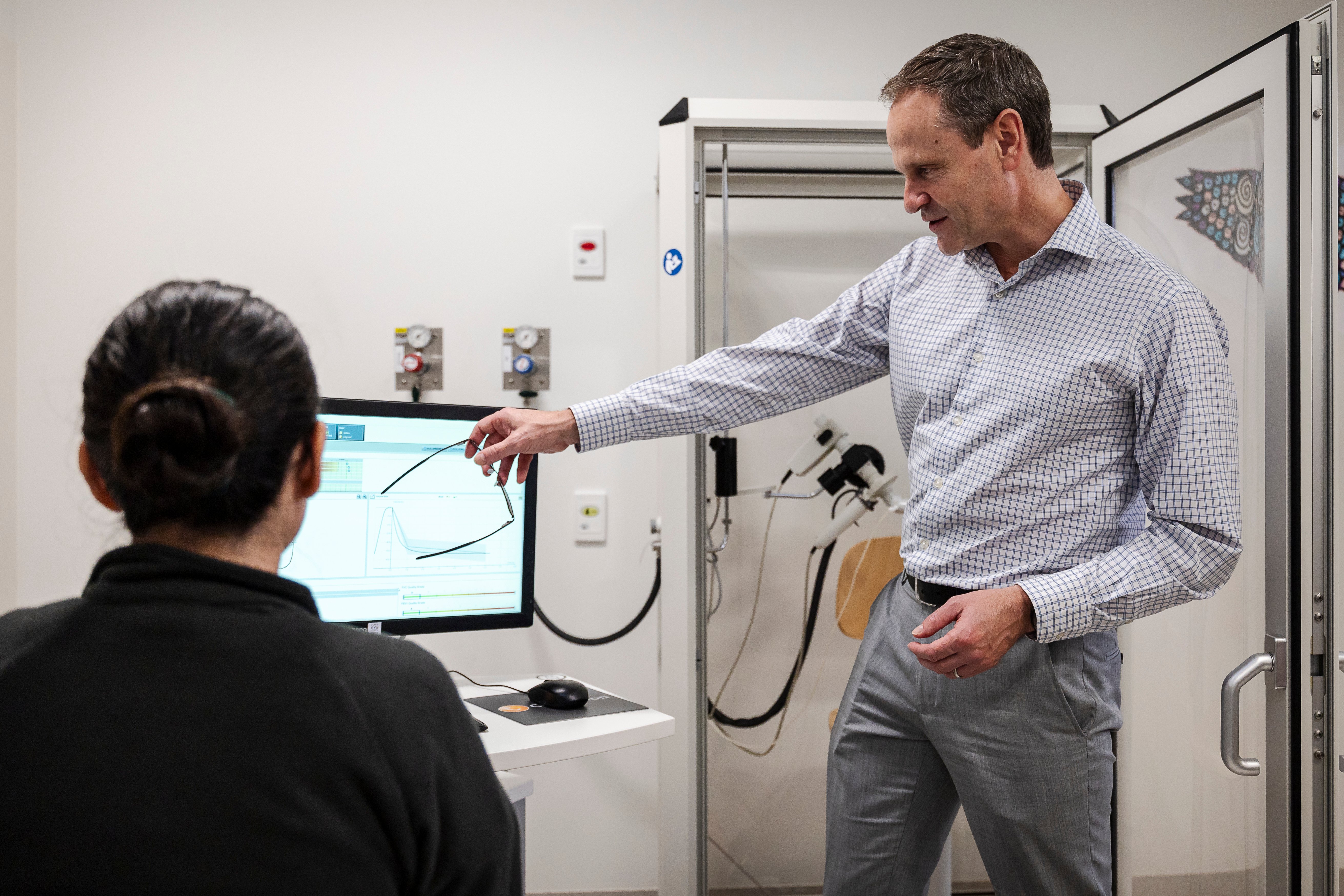Search

The agenda of sessions for day two

News & Events
Researchers share in almost $1.8 million for groundbreaking child health respiratory researchThree researchers from the Wal-yan Respiratory Research Centre will share in almost $1.8 million in grants to continue groundbreaking research to tackle childhood asthma prevention and lung disease.


News & Events
Combatting Antibiotic-Resistant Superbugs: Phage Therapy's Role Explored in Medical Forum WA MagazineOn the front cover of this month’s Medical Forum WA Magazine - Superhero viruses, #AI and the final phage.

News & Events
A BRIGHT day for little lungsFamilies affected by bronchiectasis gathered in Kings Park recently for a special event hosted by the BRIGHT Study team, celebrating community, connections, and conversations.

News & Events
New guidance aims to transform Indigenous healthcare through cultural safety and partnershipA new paper published in Frontiers in Pediatrics offers clinicians a practical roadmap to improve healthcare outcomes for Indigenous children, starting with respect, communication, and cultural understanding.

Promoting healthier lives for children with Cystic Fibrosis

A clinical trial is a scientific study, or an organised test of medicines and new treatment options, involving patient and non-patient human volunteers.

Lung inflammation and simulated airway resistance in infants with cystic fibrosis Cystic fibrosis (CF) is characterized by small airway disease; but

Phagocyte extracellular traps in children with neutrophilic airway inflammation Childhood lung infection is often associated with prominent
